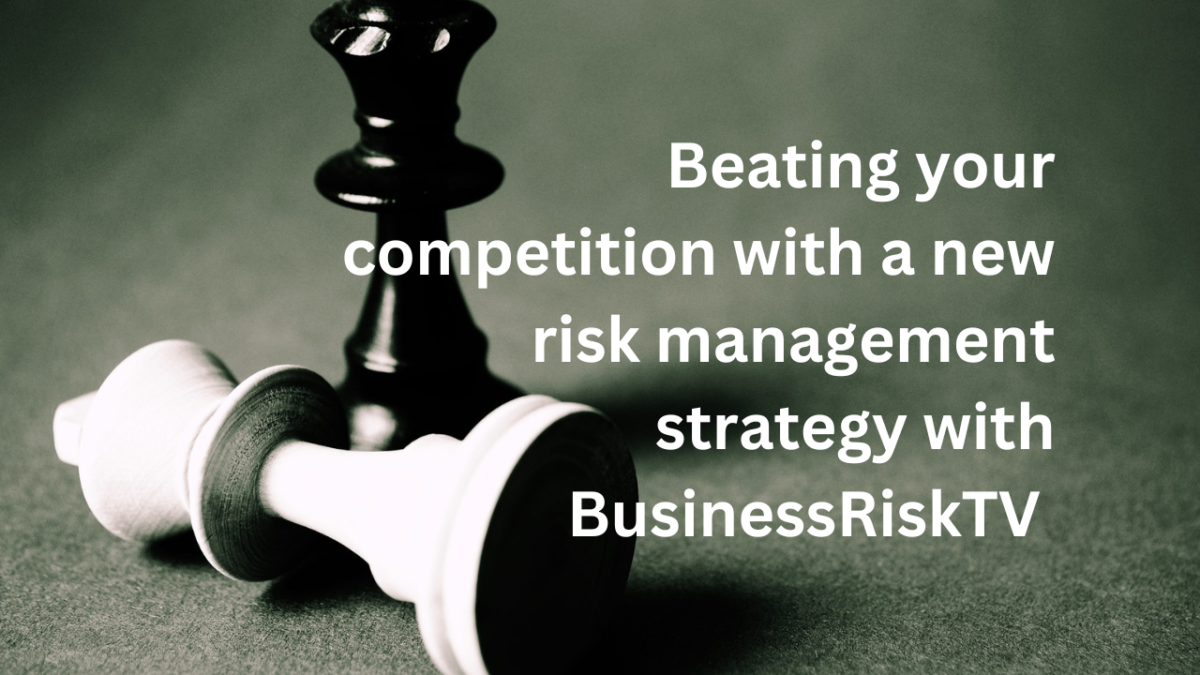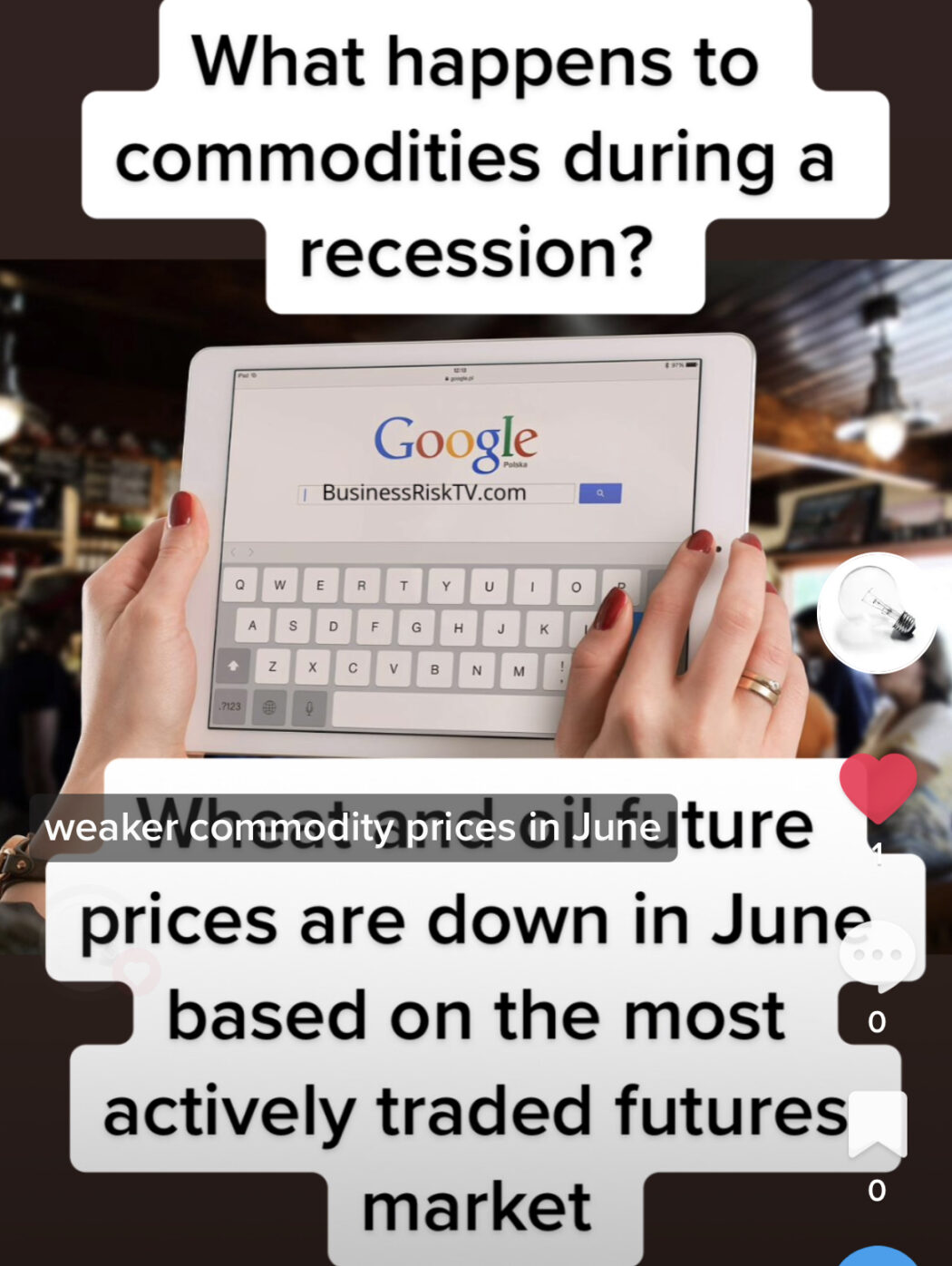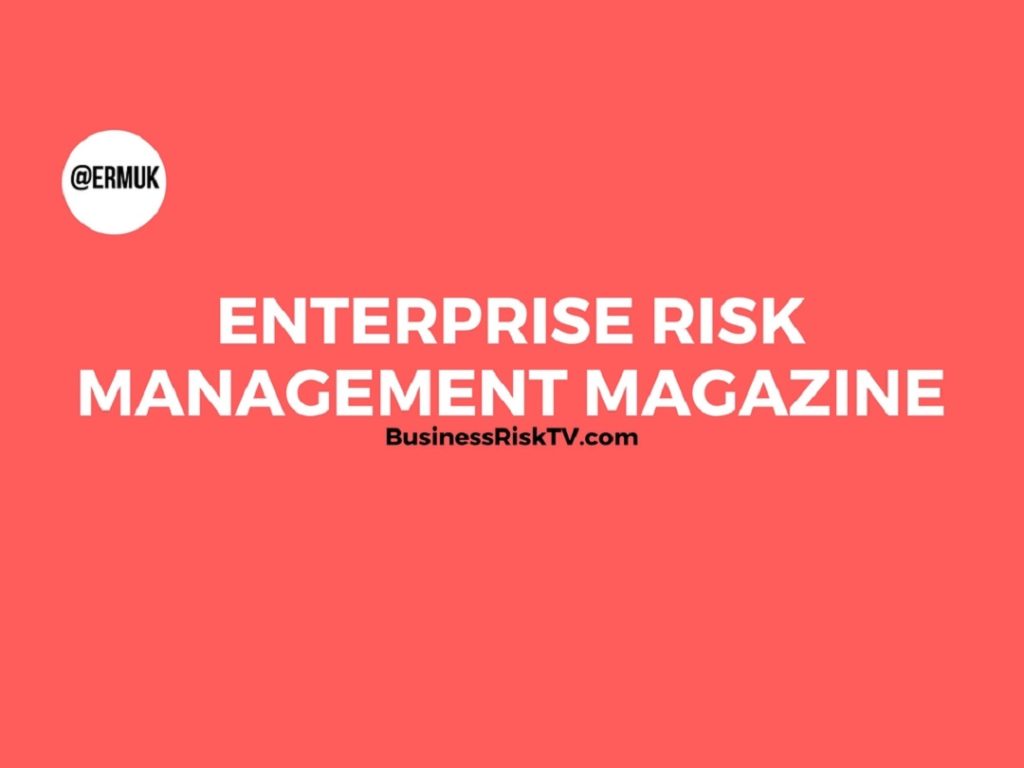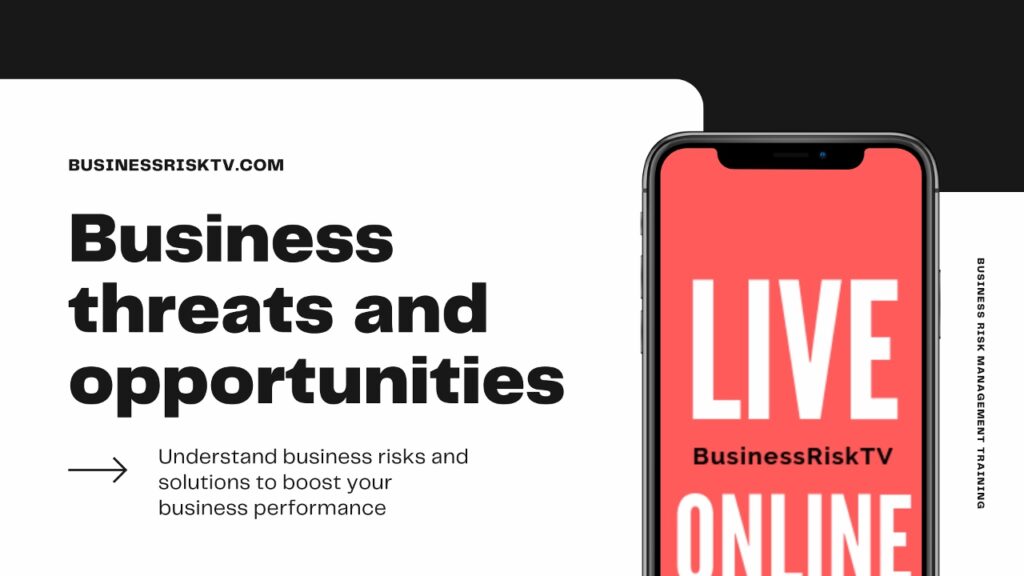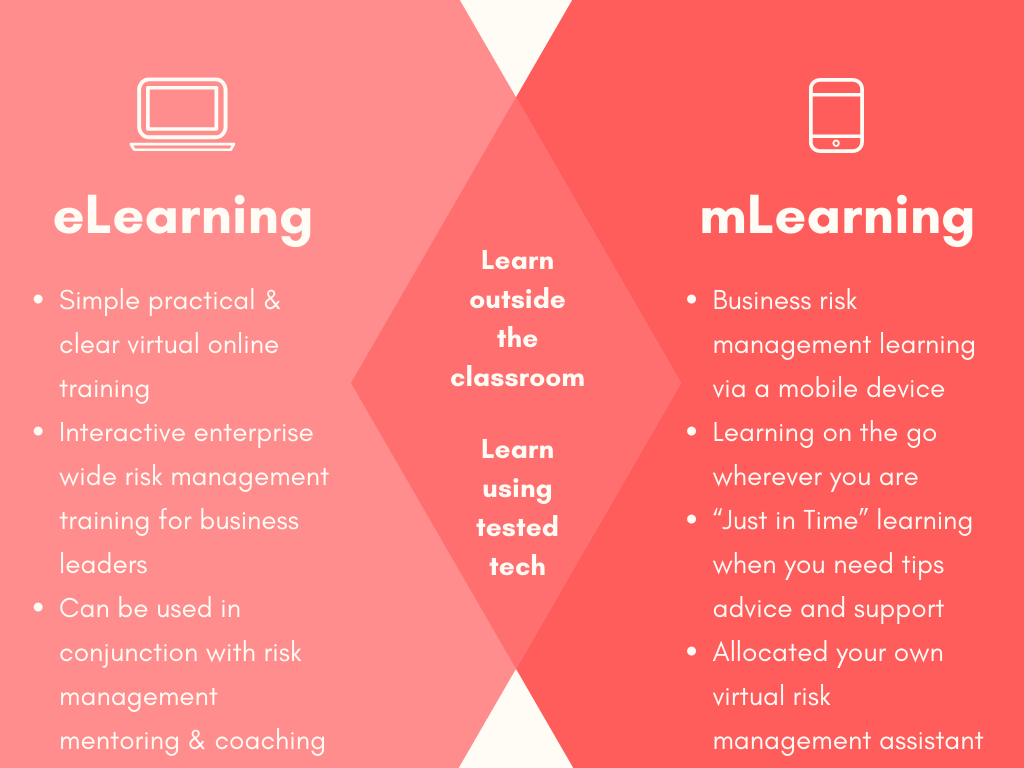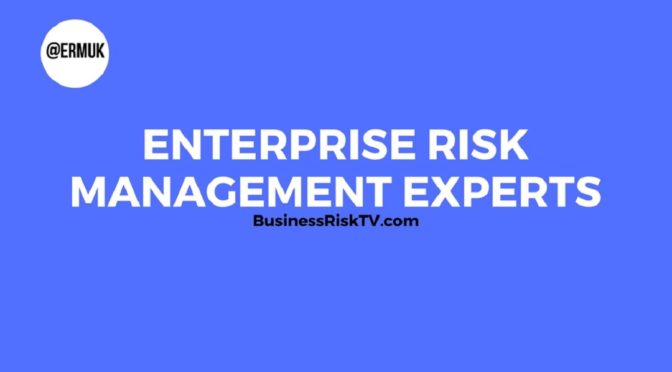Maximising value by engaging stakeholders in business strategy
In today’s dynamic business landscape, organisations must understand and address the expectations of their stakeholders to foster long-term success. Stakeholders, including customers, employees, investors, and communities, hold diverse interests and exert significant influence on businesses. To thrive in this environment, companies must align their decision-making processes with stakeholder expectations. This article explores key strategies and best practices that enable businesses to navigate stakeholder relationships effectively and make informed decisions that drive mutual value creation.
- Understanding Stakeholder Expectations Before aligning business decisions with stakeholder expectations, it is crucial to gain a deep understanding of who the stakeholders are and what they seek from the organisation. Stakeholders can vary greatly depending on the industry and context but often include customers, employees, suppliers, investors, regulators, and communities. Each stakeholder group possesses unique needs, interests, and concerns that influence their expectations.
To understand stakeholder expectations, businesses should engage in ongoing dialogue and collaboration, actively seeking feedback and input. Surveys, focus groups, and open forums can facilitate this process, providing valuable insights into stakeholders’ perspectives and priorities. Additionally, staying attuned to industry trends, market dynamics, and social issues allows organisations to anticipate evolving stakeholder expectations.
- Establishing Clear Communication Channels Effective communication is the cornerstone of aligning business decisions with stakeholder expectations. Clear and transparent communication channels ensure that stakeholders are well-informed about organisational decisions, initiatives, and performance. Regularly updating stakeholders on key developments helps build trust, fosters engagement, and mitigates potential conflicts.
Companies should develop a comprehensive communication strategy that encompasses both internal and external stakeholders. Internal communication ensures that employees are aware of the organisation’s goals, values, and strategic direction, fostering a sense of ownership and alignment. External communication, on the other hand, involves sharing relevant information with customers, investors, suppliers, and the broader community to maintain transparency and manage expectations.
- Prioritising Stakeholder Engagement Active engagement with stakeholders enables businesses to align their decisions with their interests. Organisations should identify key stakeholders and develop tailored engagement plans to involve them in decision-making processes. By incorporating diverse perspectives, organisations can make well-informed decisions that account for various stakeholder concerns.
Engagement methods can vary based on the stakeholder group and context. For example, customer advisory panels, employee town hall meetings, and investor conferences provide platforms for stakeholders to voice their opinions, share insights, and contribute to decision-making. Engaging stakeholders from the early stages of a project or initiative allows for collaborative problem-solving and the identification of win-win solutions.
- Conducting Impact Assessments To align business decisions with stakeholder expectations, organisations must understand the potential impacts and consequences of their actions. Conducting impact assessments helps evaluate how decisions may affect different stakeholder groups and identify potential risks and opportunities.
Assessments can range from social and environmental impact assessments to economic and ethical analyses. For example, evaluating the environmental footprint of a new product launch or analysing the potential social implications of workforce restructuring can inform decision-making and help identify strategies to minimise negative impacts.
- Integrating Sustainability and Corporate Social Responsibility Sustainability and corporate social responsibility (CSR) are vital considerations in aligning business decisions with stakeholder expectations. Increasingly, stakeholders expect companies to operate in an environmentally and socially responsible manner. Integrating sustainability and CSR principles into decision-making processes can enhance the organisation’s reputation, attract stakeholders, and drive long-term value creation.
Businesses should adopt sustainable practices throughout their operations, supply chains, and product/service offerings. This includes reducing carbon emissions, implementing ethical sourcing practices, promoting diversity and inclusion, and supporting local communities. By doing so, organisations can meet stakeholder expectations while contributing to a more sustainable and equitable future.
- Creating a Culture of Accountability Aligning business decisions with stakeholder expectations requires fostering a culture of accountability within the organisation. This involves clearly defining roles, responsibilities, and performance expectations for employees at all levels. When individuals understand how their actions contribute to the organisation’s overall success and the impact on stakeholders, they are more likely to make decisions that align with stakeholder expectations.
Leaders play a crucial role in promoting accountability by setting a positive example and reinforcing ethical behavior. By recognising and rewarding employees who demonstrate alignment with stakeholder expectations, organizations can reinforce the importance of considering stakeholder interests in decision-making processes.
- Monitoring and Measuring Performance To ensure ongoing alignment with stakeholder expectations, organisations must establish robust monitoring and measurement mechanisms. Regularly tracking and evaluating performance indicators allows businesses to gauge their progress in meeting stakeholder needs and identify areas for improvement.
Key performance indicators (KPIs) should be established to measure the organisation’s performance against stakeholder expectations. These can include customer satisfaction scores, employee engagement surveys, sustainability metrics, and financial performance indicators. By analyzing these KPIs, businesses can identify gaps, set targets, and take corrective actions when necessary.
- Agility and Adaptability The business landscape is constantly evolving, and stakeholder expectations can change over time. Therefore, organisations must embrace agility and adaptability as core competencies. Being able to respond promptly and effectively to emerging trends and shifting stakeholder needs is essential for maintaining alignment.
Businesses should regularly review and reassess their strategies, goals, and decision-making processes to ensure continued relevance. Engaging with stakeholders and seeking feedback on an ongoing basis can help identify emerging expectations and facilitate timely adjustments.
Aligning business decisions with stakeholder expectations is a critical aspect of building sustainable and successful organisations. By understanding stakeholder needs, establishing clear communication channels, prioritising engagement, conducting impact assessments, integrating sustainability and CSR principles, fostering accountability, and monitoring performance, companies can make informed decisions that drive mutual value creation. Furthermore, embracing agility and adaptability allows organisations to navigate the ever-changing business landscape while maintaining stakeholder alignment.
Ultimately, businesses that prioritise stakeholder expectations as a central driver of decision-making are more likely to build strong relationships, enhance their reputation, and achieve long-term success. By proactively addressing stakeholder needs, organisations can create shared value, fostering a positive impact on society while driving their own growth and profitability.
More business risk management articles videos and cost reduction ideas
Aligning Business with Stakeholders

